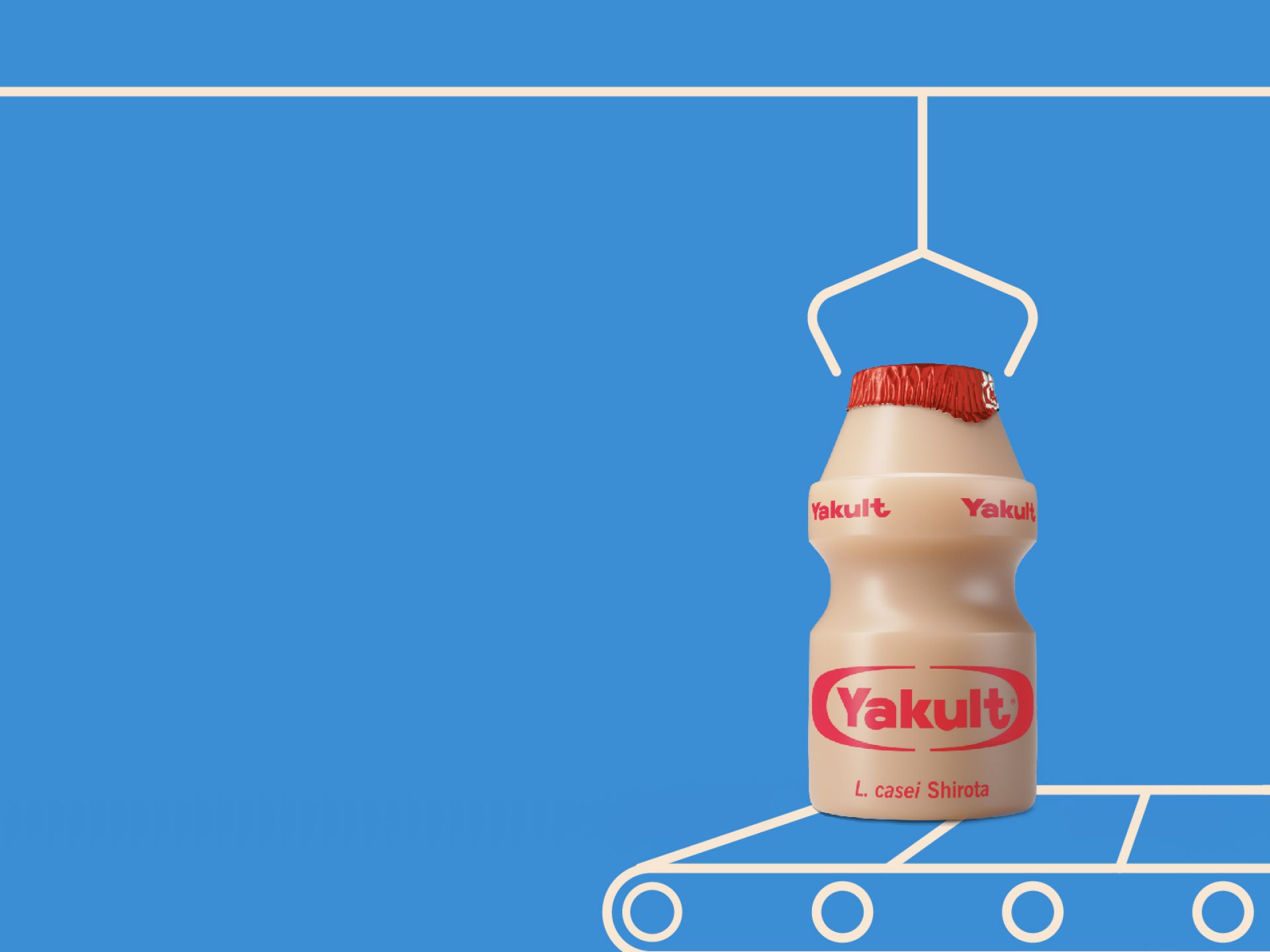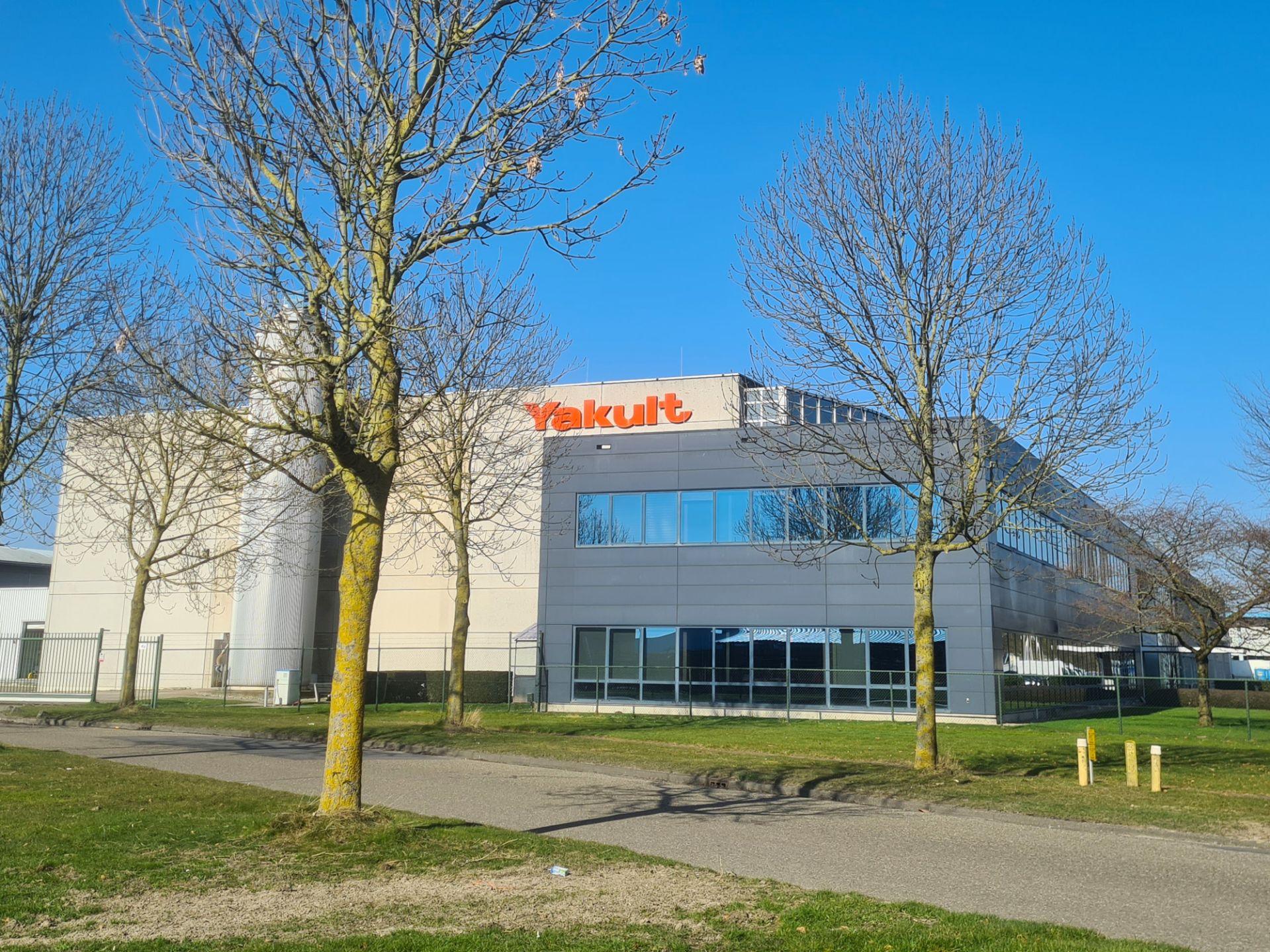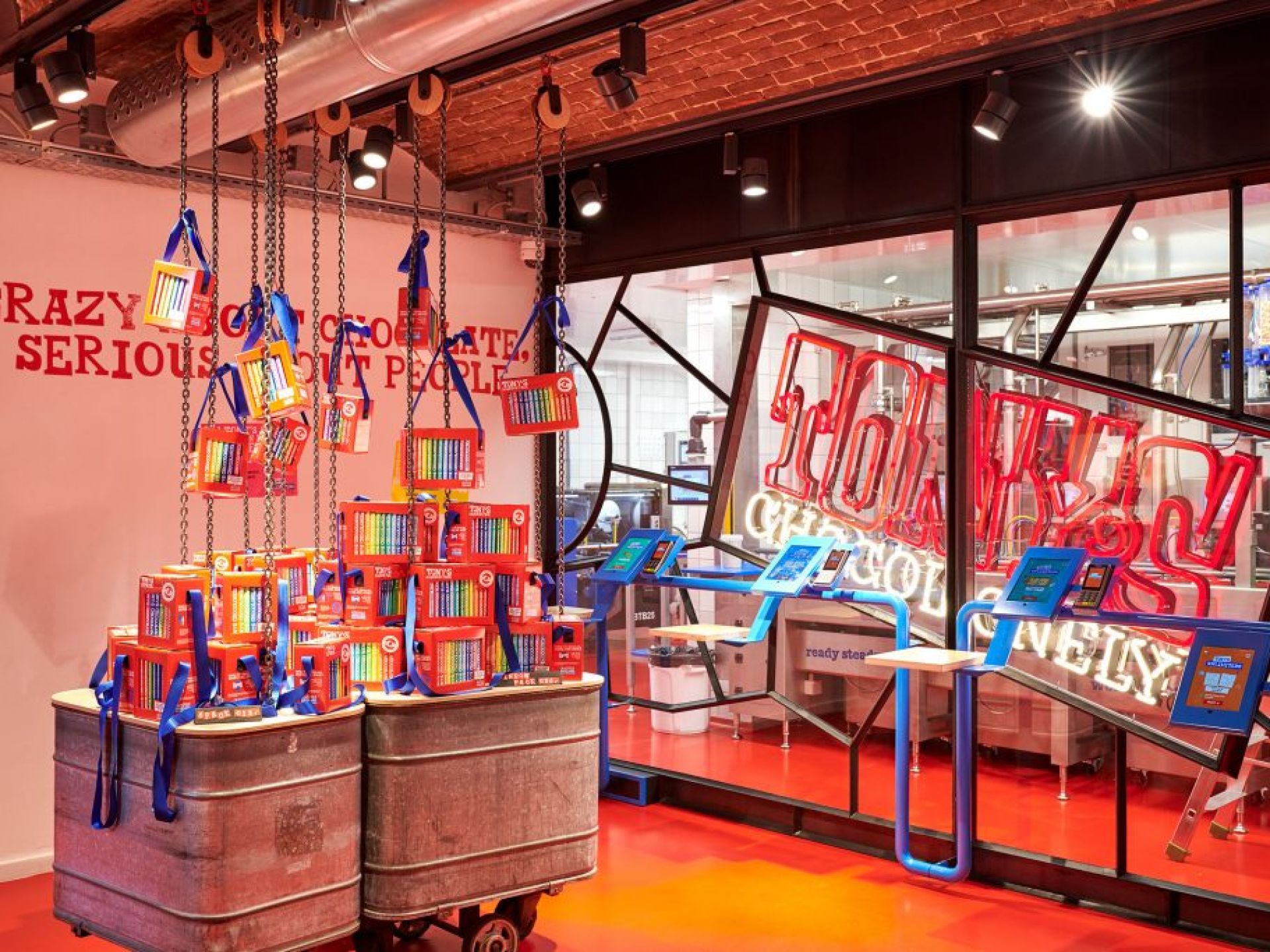Background
One factory, multiple data sources, one goal
Yakult Europe has been based in Almere, The Netherlands, for over 30 years, where both the European headquarters and the factory are located. The organization coordinates production and distribution to sales offices across Europe.
With the growing volume of data from areas such as energy usage, safety, and machine performance, the need for reliable information and well-structured data access became increasingly important.

Challenge
Growing data demand, without losing control
With more factory data becoming available, Yakult saw the need to make it broadly accessible, but under central governance. The company wanted to prevent users from connecting directly to factory databases or creating reports without proper data validation.
At the same time, there was a clear need for flexibility on the factory floor. The people who know the processes best should also have the ability to analyze their own data in a safe and reliable way, within the right boundaries.
Solution
Fabric as a secure and scalable data platform
Together with the consultants from Birds BI, Yakult developed a custom lakehouse architecture in Microsoft Fabric, bringing together data from various sources such as energy consumption, machine efficiency, and safety incidents.
The required data was carefully selected, connected, and transformed following the medallion architecture (bronze, silver, gold).
By using Fabric as a central platform, IT can effectively manage data access and provide user-oriented workspaces and datasets without compromising governance or security.
Within this unified environment, different roles can now collaborate — from data engineers to analysts.
Results
From factory data to insights into processes and performance
With Microsoft Fabric, Yakult has built a quality data structure that makes production data available for analysis without compromising security or reliability.
- No direct access to databases is required anymore; access is granted and managed via secure workspaces in Fabric.
- Self-service BI for factory staff who know their processes best.
- Better decision-making by combining data from multiple sources.
- Existing reports migrated to Fabric and now easier to share.
- IT retains control through access rights and data roles per workspace, and can refine controls per dataset when needed.
- Prepared for the future: ready to expand with new data sources and AI applications.

Conclusion
A data platform built for the future
Yakult uses Microsoft Fabric to make factory data securely and centrally available. IT retains control, while users can access insights from their own processes more quickly.
The next step? More data, more departments, and further strengthening the foundation for future AI applications.
Real stories, real results, real impact.
Customer success stories
Explore more success stories from our customers.


